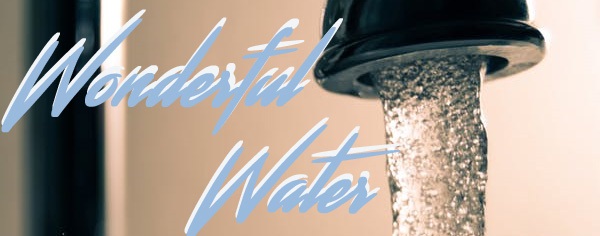This month on “Wonderful Water,” join 97.9 The Hill’s Brighton McConnell for a conversation with Stephen Winters — director of finance and customer service for OWASA — about the future of bills, budgets and more.
“The community is using today about the same amount of water it used 30 years ago,” said Winters. “That’s even though the number of customers that we are serving has grown by 80 percent! Like I said, that’s great news. It’s an incredible water conservation story, and that conservation has benefits to OWASA and the community.”
According to Winters, those benefits include saving money as expansions to system capacity can be delayed — which cuts down on potential infrastructure costs. But there’s still a downside: better conservation means less water used, and less water used means less revenue.
“That conservation success story means that sales volume isn’t increasing,” said Winters. “So, the only way to grow revenue is by increasing the rates we charge for services. Since our costs go up each year, it’s a constant challenge to bring enough money in to meet our needs while keeping services affordable.”
On Thursday, May 11, OWASA’s board of directors held virtual public hearings on the proposed budget and rate schedule for 2024’s fiscal year. The budget OWASA set forth is meant to pay for investments necessary to to provide water and sewer services, protect the environment and public health, and retain OWASA’s existing highly skilled and dedicated workforce.
What does that mean for OWASA customers? A nine percent rate increase, meaning the median residential bill for 3,000 gallons of water and sewer service will increase by $6.79 per month.
“I always like to remind folks that OWASA is a non-profit organization,” said Winters. “It’s actually owned by the community and the funds that we receive to operate the utility come solely through fees paid by customers for services. We don’t have the ability to impose taxes and we don’t get tax money from either the towns or the county. The budget covers general operations, personnel costs, and investing in the infrastructure across the community that allows us to deliver water and sewer services to meet those needs for the coming year.”
You can listen to the full conversation below, and visit the Wonderful Water page here for more interviews and stories about the work OWASA does in our community.
 Chapel Hill and Carrboro residents use roughly 7 million gallons of water a day, and “Wonderful Water” is a monthly conversation sponsored by the Orange Water and Sewer Authority highlighting its work to keep our community growing and water flowing.
Chapel Hill and Carrboro residents use roughly 7 million gallons of water a day, and “Wonderful Water” is a monthly conversation sponsored by the Orange Water and Sewer Authority highlighting its work to keep our community growing and water flowing.

